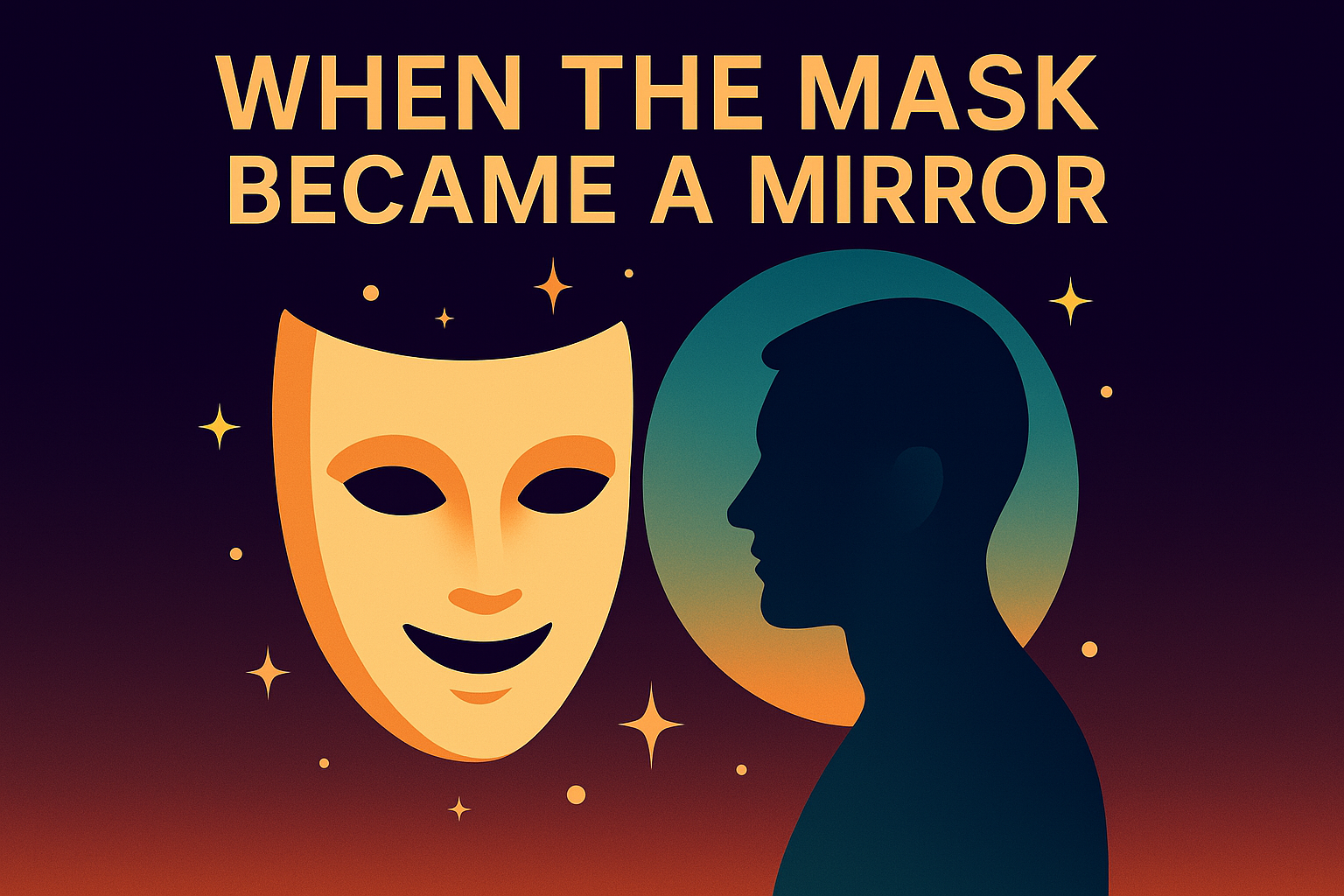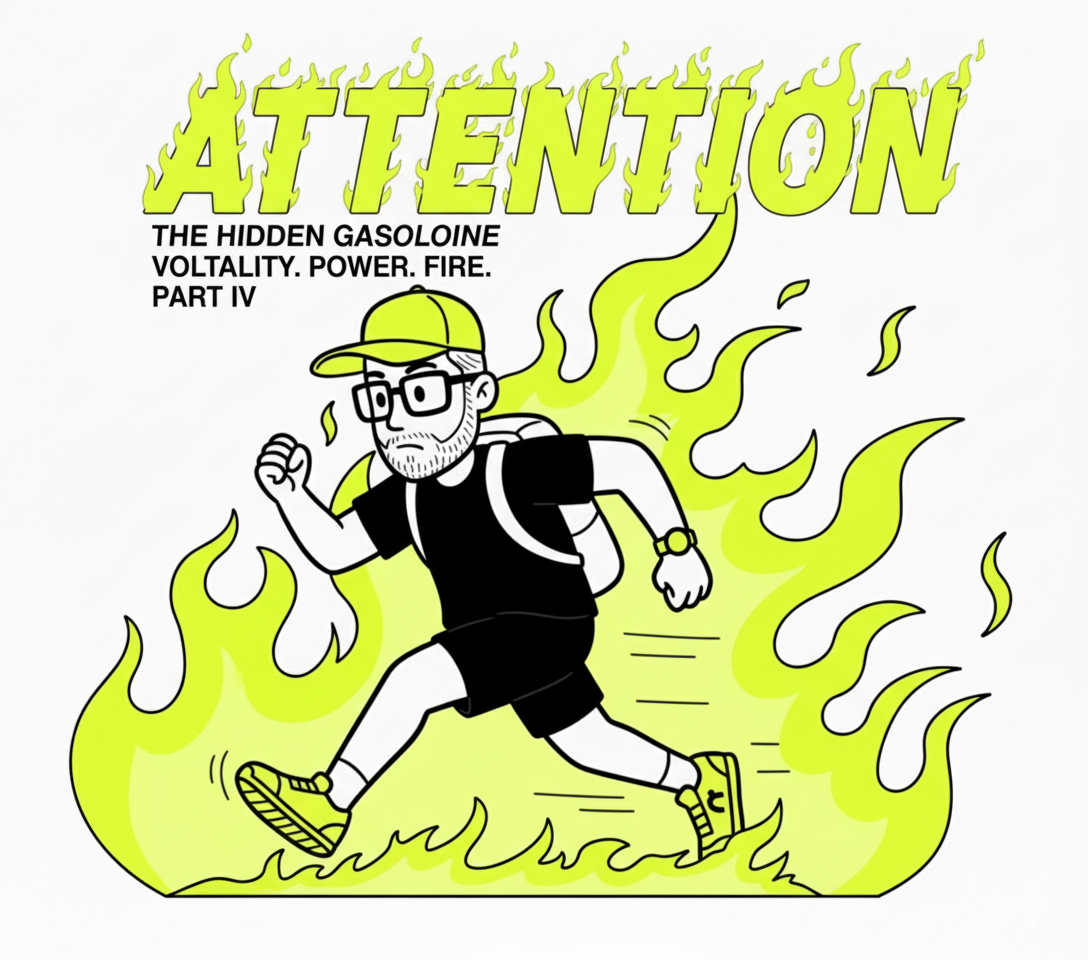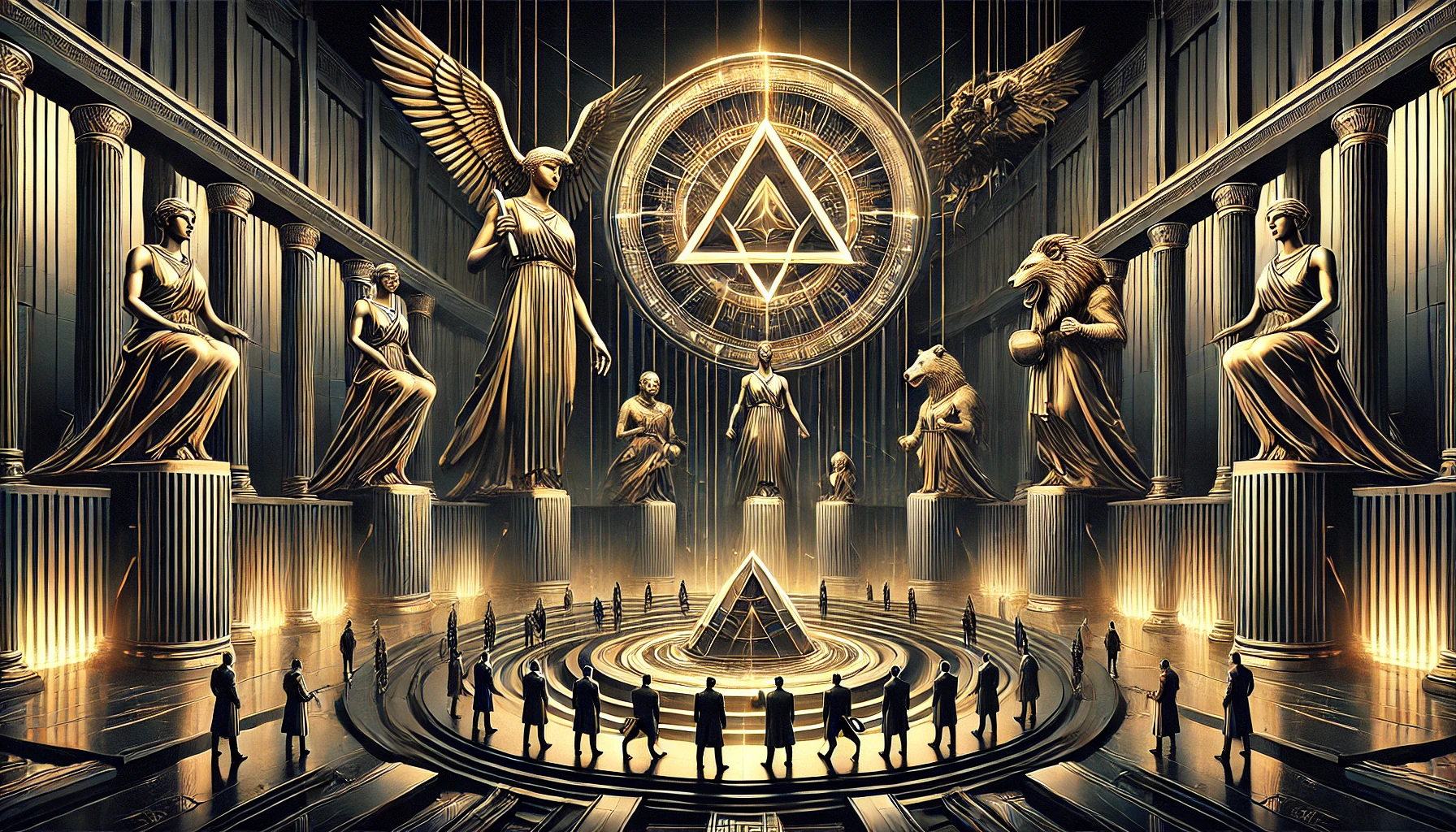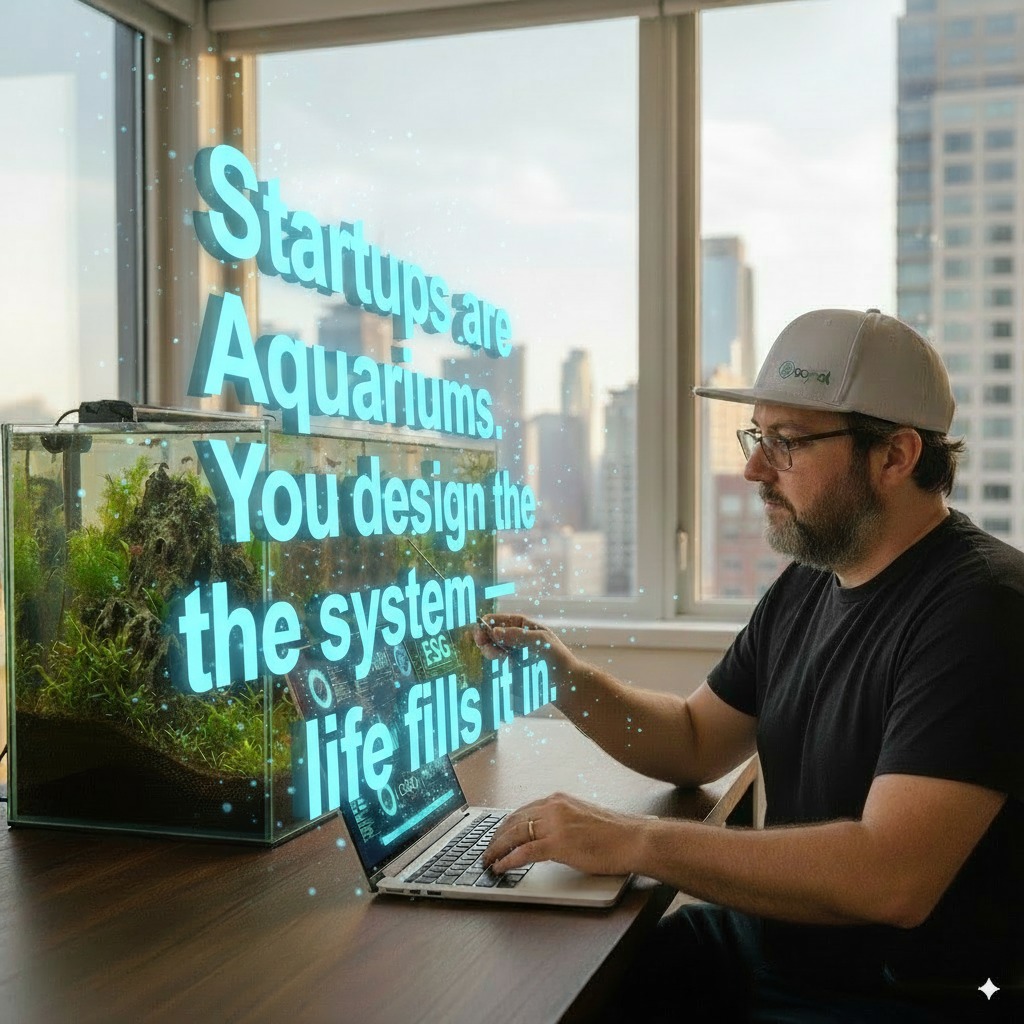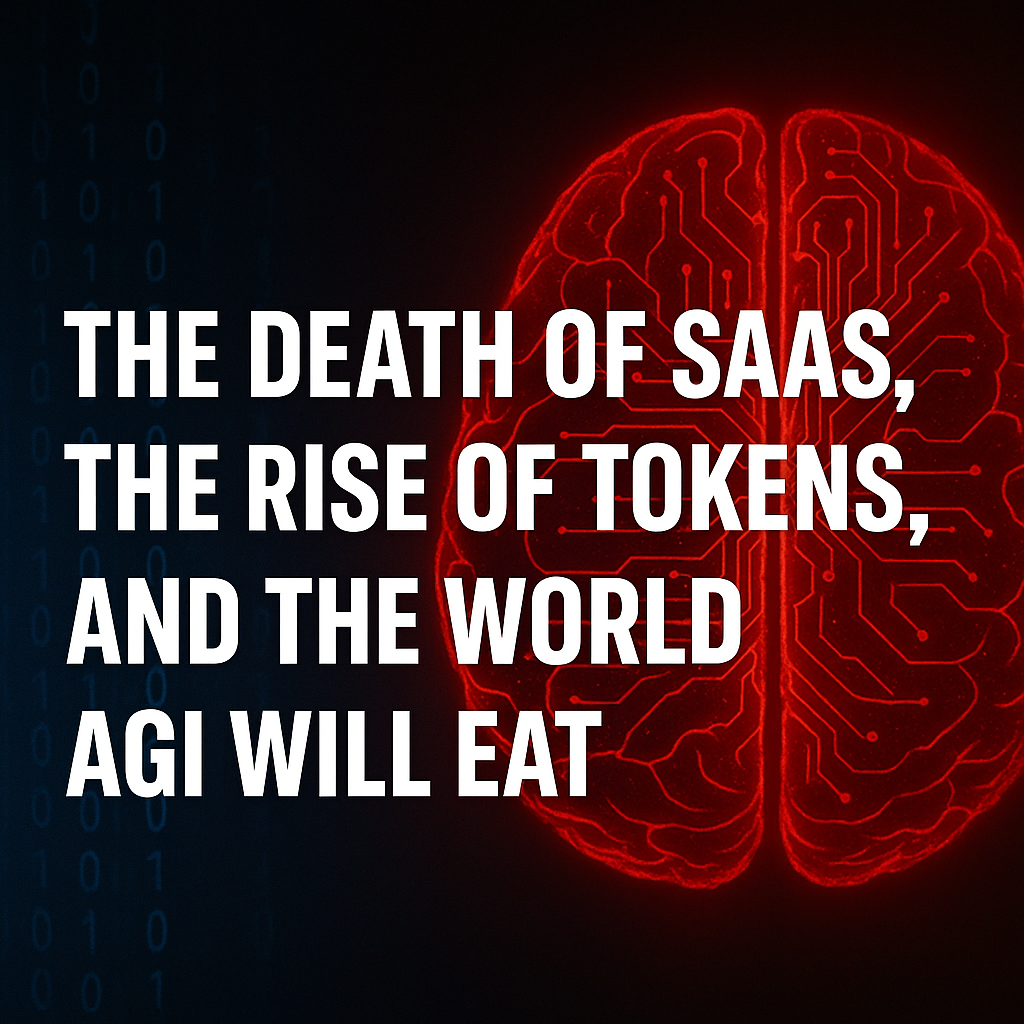A reflection on identity, instinct, and performance in predatorial systems
I remember it clearly—last year, during Climate Week in New York.
I wore the suit. The full package. I looked like someone—someone serious, respectable, deal-friendly.
People responded. Doors opened.
But inside, I felt like a ghost in my own skin.
Not because I hate suits—but because of what they represent to me.
Uniformity. Conformity.
The idea that there’s a single way to look credible, a single shape for success.
They remind me of roles I never chose but felt expected to play.
It gave others confidence in who they saw—
but none to me in who I am.
I didn’t lie with words that week.
But I lied with cloth.
And no part of me wants to keep playing that role.
“Comfort doesn’t live in a pressed collar. It lives in clarity.”
EMOTION AS COMPASS
in a world of calculated moves
The truth is, I’ve always been someone who feels first.
Gut over graphs. Vibe over validation.
My best decisions didn’t come from spreadsheets.
They came from instinct. From a full-body yes I couldn’t explain but couldn’t ignore.
I said yes to projects that made no sense at first, and I regularly experiment with new ideas and impulses—often without a clear outcome. But those leaps have shaped my life in ways I never could have planned.
I walked away from people everyone admired and wanted to be around—because something in me whispered:
this isn’t it.
I’ve been moved by beauty.
I’ve fallen hard, sometimes too quickly.
I tend to go all in—and while it’s not always easy, I wouldn’t trade that part of me.
But when you go in with your full heart, you don’t just taste the highs—
you absorb the lows, too.
“Being emotionally all-in is powerful. It creates gravity. But it also makes you feel the cracks before anyone else notices the surface.”
In a predatorial world, this kind of sensitivity isn’t always safe.
You learn to armor up.
To appear rational.
To become more calculable than emotional.
But here’s the paradox:
The same emotional instinct that helps you sense the game is the first thing you’re told to suppress.
PERFORMANCE AS PROTECTION
optimization as survival
I used to think the mask was armor.
A calculated projection. A way to win in rooms where I wasn’t sure I belonged.
It started small:
Sharper words. Straighter posture. Fewer interuptions.
Confidence became a costume—stitched from strategies I’d seen work for others.
And the mask worked.
Doors opened. People listened.
But eventually, I forgot where the mask ended and I began.
This is the predator’s adaptation:
becoming what the system rewards, even if it costs you your signal.
I wasn’t faking—I was reading the terrain.
Until the performance became the identity.
Predatorialism teaches us to assess, to adapt, to win.
But it also begs the question:
What’s left when you take the game away?
THE INVERSION
when the mask turned on me
The longer I wore the mask,
the more it stopped hiding me—
and started reflecting me.
Like a mirror, it showed me:
what I valued.
what I feared.
what I thought I needed to become.
The mask didn’t lie.
It simply revealed the part of me that was tired of feeling too much.
That wanted control in chaos.
That mistook detachment for power.
“People admire your energy—until they try to extract it for free”
So I dimmed it.
I spoke in frameworks.
I performed composure.
I tried to make sense—even when something inside me knew better.
But that wasn’t me.
That was just… survival.
LIVING BETWEEN FIRE AND FRAME
Now I live in the tension between two selves:
The one who acts on instinct—
and the one who calculates before speaking.
The one who cries when something is beautiful—
and the one who keeps the meeting moving.
There’s wisdom in balance.
But there’s aliveness in passion.
I’ve learned to use reason,
but not to become it.
To move through systems—
but not melt into them.
To play the game—
but to remember:
I always have the choice to walk away from the board.
In the world of predatorialism, power isn’t just about control.
It’s about signal.
And signal is strongest when it comes from presence—
not performance.
THE REFLECTION THAT STAYED
The mask became a mirror.
And the mirror taught me this:
I can be both the architect and the archetype.
Both raw and rehearsed.
Both hunter and human.
Both passion and principle.
And in the end, the truest version of me might still look a little like a mask—
—but only if I remember I’m the one choosing when to wear it,
and when to feel everything again.
And if I do wear a suit,
may it never be to become someone—
but only because I already am.
That same suit still hangs in my closet.
But it no longer hangs over me.
